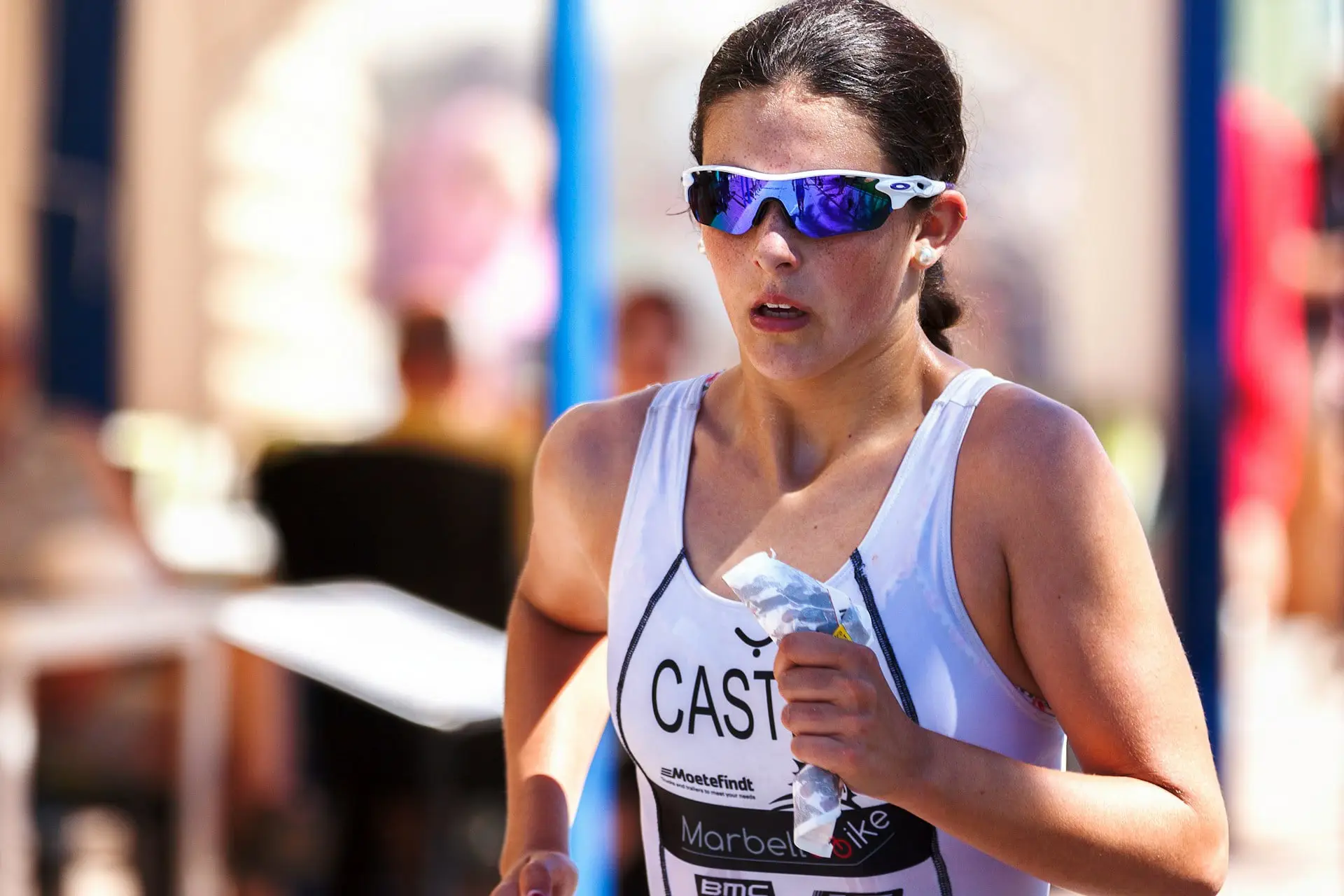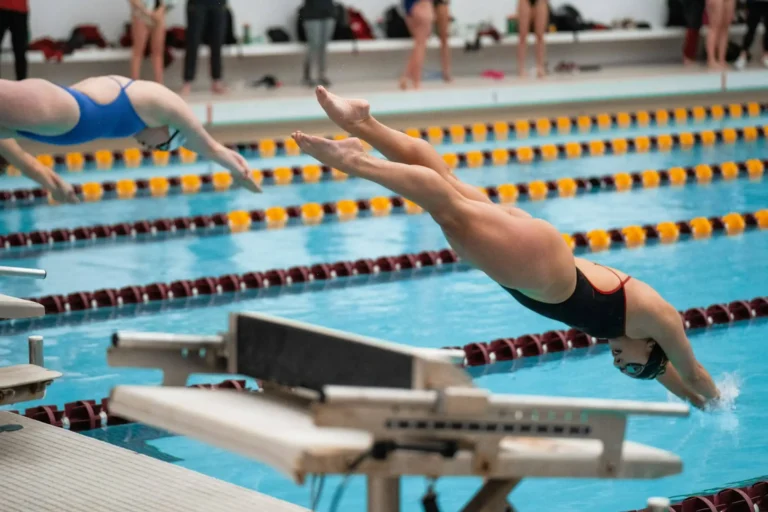The intersection of gender and sports has long been a topic of debate, with questions about fairness, inclusivity, and equality at the forefront. As society becomes more aware of gender diversity, sports organizations are grappling with how to create policies that allow for fair competition while respecting the rights and identities of all athletes. The role of science in this discussion is crucial, as it provides the data and insights needed to navigate these complex issues. But can science truly enable fair competition in gender-diverse sports?
The Biological Debate
One of the main challenges in ensuring fair competition is the biological differences between male and female athletes. Traditionally, sports have been divided into male and female categories based on the assumption that men and women have distinct physical advantages and disadvantages. Men, on average, have higher levels of testosterone, greater muscle mass, and increased cardiovascular capacity, which are often linked to better performance in many sports.
However, this binary view of gender is increasingly being questioned. Science shows that gender is not strictly binary and that there is significant variation within both male and female categories. For example, testosterone levels can vary widely among individuals, and some women naturally have higher levels of testosterone than others. This has led to debates about whether testosterone levels should be used as a criterion for eligibility in women’s sports.


Transgender and Non-Binary Athletes
The inclusion of transgender and non-binary athletes presents additional complexities. Transgender women (those who transition from male to female) often face scrutiny regarding whether they retain physical advantages from male puberty. Sports organizations have implemented various policies, such as requiring transgender women to lower their testosterone levels to compete in women’s events. However, these policies are contentious, with some arguing they are necessary for fairness and others claiming they are discriminatory and not backed by sufficient scientific evidence.
For non-binary athletes, who do not identify strictly as male or female, the challenges are even greater. Current sports categories do not easily accommodate non-binary identities, leading to difficult choices for these athletes about where and how to compete.
The Role of Science in Policy Making
Science plays a critical role in informing sports policies, but it also has its limitations. Research on the physical advantages of male and female athletes, the effects of hormone therapy, and the implications for performance is ongoing, and there is still much we don’t know. Additionally, scientific data must be interpreted within the context of ethical considerations, human rights, and the social implications of policy decisions.








Some experts argue for a more individualized approach, where athletes are assessed on factors beyond just gender or hormone levels, such as their specific athletic abilities or medical history. Others suggest that creating new categories or divisions in sports could help accommodate the diversity of gender identities and biological variations.
Balancing Fairness and Inclusion
The ultimate goal of sports is to provide a level playing field where athletes can compete fairly. However, ensuring fairness while also promoting inclusivity is a delicate balance. Policies that are too rigid may exclude or marginalize certain groups, while those that are too lenient may lead to perceptions of unfairness.
In the end, it’s clear that there is no one-size-fits-all solution. As science continues to evolve, so too must our approach to gender in sports. This means staying open to new data, being willing to adapt policies as needed, and ensuring that the voices of all athletes are heard in the process.
Conclusion
Science has the potential to guide us toward fairer competition in sports, but it cannot provide all the answers. The issues surrounding gender and sports are deeply complex, involving not just biology, but also ethics, identity, and social justice. By combining scientific research with a commitment to inclusivity and fairness, we can work toward a sports world that is equitable for all athletes, regardless of gender.

















